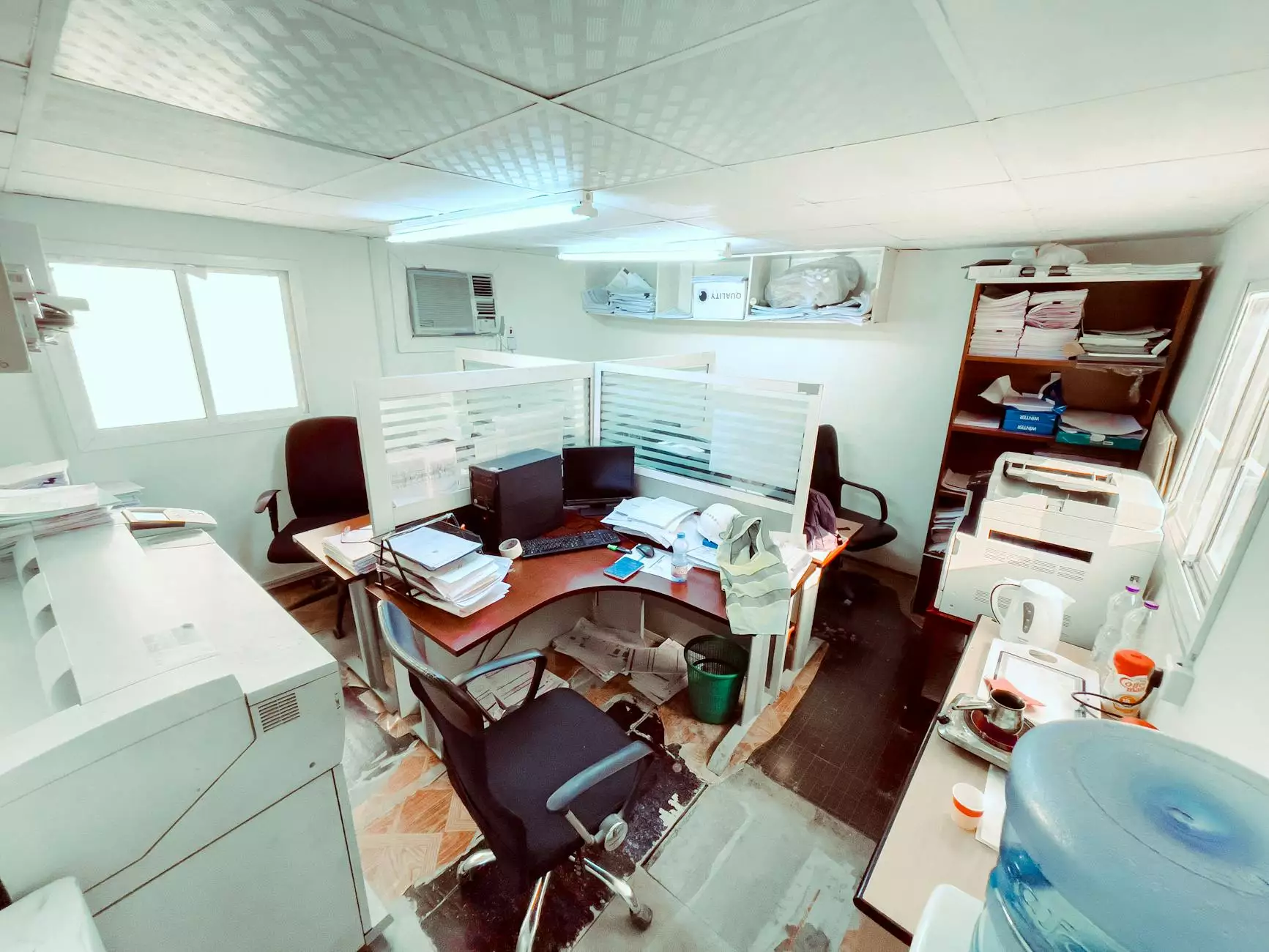The Essential Role of a Game Sound Engineer in Game Development

In the rapidly evolving world of game development, the role of a game sound engineer has become increasingly vital. As the gaming industry continues to push the boundaries of immersion and player engagement, sound design has emerged as a key component in shaping the gaming experience. At Pingle Studio, we understand the importance of high-quality audio, and our team of expert sound engineers plays a significant role in crafting unforgettable gaming moments.
Understanding the Basics: What Does a Game Sound Engineer Do?
At its core, a game sound engineer is responsible for creating, implementing, and managing sound for video games. This encompasses a wide range of tasks, including:
- Sound Design: Crafting original sound effects, ambiances, and musical scores.
- Audio Implementation: Integrating sounds within the game engine, ensuring they trigger appropriately during gameplay.
- Mixing and Mastering: Balancing audio levels and ensuring a polished output that enhances the player's experience.
- Collaboration: Working closely with game designers, developers, and writers to align audio with the game’s narrative and mechanics.
The Importance of Sound in Gaming
Sound has a profound impact on gameplay, often influencing a player's emotional response and overall enjoyment. Studies have shown that high-quality audio can enhance realism and immersion, making players feel more connected to the game world. A skilled game sound engineer understands how to leverage sound in the following ways:
Enhancing Immersion
From the subtle rustling of leaves to the booming explosions of battle, sound effects add depth to the gaming experience. By creating an immersive audio environment, sound engineers help players feel as though they are truly part of the game. Techniques such as spatial audio allow players to pinpoint sound sources, further enhancing this sense of realism.
Creating Emotional Impact
Music and sound design can evoke emotions, guiding players through a narrative and enhancing moments of tension, joy, or sorrow. A dedicated game sound engineer uses these auditory elements to create a dynamic atmosphere that resonates with players long after they’ve put down the controller.
Improving Gameplay Mechanics
Sound cues can provide essential feedback to players, helping them understand game mechanics. For example, distinct sound effects can signal different actions or alerts, guiding players through challenges and enhancing gameplay clarity.
The Game Development Process: Integrating Sound
Integrating sound into a game is not a standalone process; it occurs in parallel with other development phases. The collaboration between sound engineers and the broader development team is crucial in ensuring that audio complements gameplay rather than detracting from it. Let’s explore how sound fits within the various stages of game development:
Pre-production: Concept and Planning
During the initial stages of a project, game designers and sound engineers collaborate to establish the vision for the game's audio. This includes defining the type of soundscapes needed, as well as determining how sound will play a role in storytelling.
Production: Implementation and Tweaking
As the game is built, sound engineers record and create sound effects and music. They use specialized software to implement these sounds into the game engine, carefully testing to ensure that sounds play correctly in context.
Testing: Quality Assurance
Quality assurance plays a critical role in game development. A game sound engineer works during this phase to identify any audio issues that may disrupt gameplay, such as bugs or mismatched sound cues. This process ensures that the final product delivers a seamless audio experience.
Essential Skills for a Successful Game Sound Engineer
To excel in this fast-paced and competitive field, a game sound engineer must cultivate a blend of technical and creative skills. Here are some essential skills that contribute to success:
- Proficiency in Digital Audio Workstations (DAWs): Familiarity with software like Pro Tools, Ableton Live, or Logic Pro for sound design and editing.
- Understanding of Game Engines: Knowledge of tools like Unreal Engine and Unity for audio implementation.
- Sonic Creativity: The ability to think outside the box and create unique sounds that enhance gameplay.
- Collaboration Skills: Strong communication skills to work effectively with developers and designers.
- Attention to Detail: A keen ear for nuance helps in fine-tuning audio elements for the best overall experience.
Current Trends in Game Audio
The landscape of game audio is continuously evolving, with new technologies and trends reshaping how sound is used in games. Here are some current trends that a game sound engineer should be aware of:
Interactive Soundscapes
With advancements in technology, games are adopting more interactive soundscapes. Dynamic audio responses to player actions are creating unique experiences. For example, ambient sounds that change based on the player's environment can enhance immersion.
Spatial Audio and VR
The rise of virtual reality (VR) gaming has brought spatial audio to the forefront. Sound engineers are now tasked with creating a 3D audio experience that mirrors the player’s movements, allowing them to perceive sound directionally.
Adaptive Music
Adaptive music is another burgeoning trend where the score changes in response to gameplay. This can heighten emotional engagement and create a more personalized gaming experience.
Why Partner with Pingle Studio?
At Pingle Studio, our team of talented game sound engineers is dedicated to pushing the envelope of sound design in the gaming industry. By partnering with us, you gain access to:
- Expertise in a wide range of audio technologies and tools.
- A collaborative environment that values your creative vision.
- Customized audio solutions tailored to your game’s unique needs.
- A commitment to high-quality output that enhances player experiences.
Conclusion
In conclusion, the role of a game sound engineer is indispensable to the success of any game development project. Through careful sound design and implementation, these professionals enhance immersion, evoke emotions, and improve gameplay mechanics. As the gaming industry continues to evolve, so too will the techniques employed by sound engineers, ensuring that they remain at the forefront of creating captivating audio experiences.
At Pingle Studio, we are proud to champion the artistry of sound in gaming, offering our clients unparalleled expertise in game audio development. Partner with us to elevate your game’s audio to new heights!









